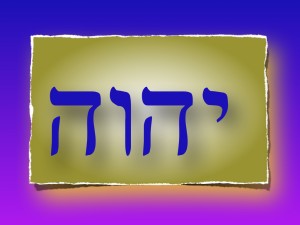On the one hand, many people claim to love the God of the Bible, and on the other hand, they are, often unwittingly, blaspheming him. How is this possible?
Deuteronomy 28:15, To the voice of YHVH. What is the voice of YHVH? Is his voice the voice that uttered the Torah at Mount Sinai? Is it the voice of his Spirit inside of you? Is it the voice of Yeshua as largely recorded in the red letters of the Testimony of Yeshua, or is it the entire Word of Elohim called the Scriptures?
If his voice is all of the above, then should any parts aspects of his voice contradict with any other?
If we have a theology where one aspect of YHVH’s voice contradicts with and another and we believe something he has said has been “done away with,” then what does this imply about the mind and nature of YHVH? There is a psychological term for this. It is called schizophrenia, a dual or multiple personality disorder or insane.
Now we would never dare label YHVH with such terms, for to do so would be blasphemy, yet many of our religious beliefs make YHVH into something that he is not, and we risk become an unwitting party to attaching this blasphemous labeling to the Almighty Creator if we subscribe to these false theologies.
One things is certain. YHVH is not a liar, nor does he ever contradict himself. If there seems to be a problem with inconsistency in YHVH’s Word the problem is with our misunderstanding or misinterpretation of it, and NOT with the actual Word or voice of YHVH!






